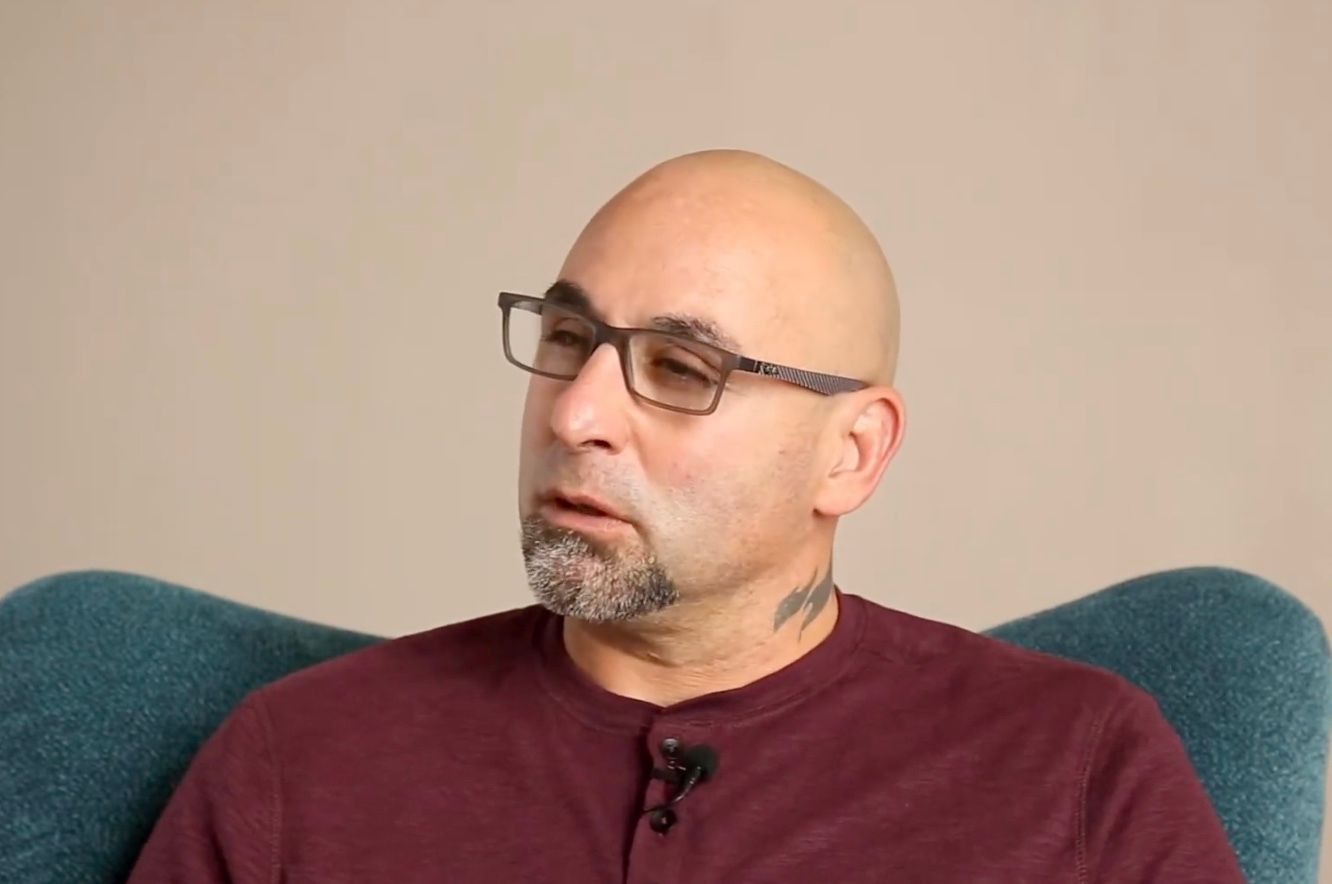Methamphetamine Drug Rehab in Santa Ana, CA
Santa Ana Drug and Alcohol Center is where hope meets healing. Our dedicated team provides compassionate care and evidence-based treatment for individuals struggling with heroin addiction. We understand that recovery is a journey, and we are here to support you every step of the way.
Choose Santa Ana Drug & Alcohol Rehab Center
for Methamphetamine Recovery
Comprehensive Programs
We focus on treating the whole person, not just the addiction. Our holistic approach combines medical care, therapy, wellness activities, and life skills training, promoting overall mental, emotional, and physical well-being.
Customized Treatment
Our team conducts thorough assessments to create customized treatment plans that address the specific needs, challenges, and goals of each client, ensuring a more effective recovery process.
Compassionate Staff
We employ highly trained professionals with extensive experience in addiction treatment. We value trust from our clients and give them support and encouragement to help them in their recovery journey.
Post-Rehab Support
Recovery doesn’t end when treatment does. We do ongoing counseling, support groups, and community resources to help our patients maintain their sobriety and navigate the challenges of life post-rehab.

Accessible Rehab Care
in Santa Ana, CA
Financial concerns shouldn't be a barrier to receiving the help you need. We accept a wide range of insurance plans to help make treatment accessible for everyone. Our admissions team is here to assist you in verifying your insurance coverage and discussing payment options.
Valentine's Life After Meth
Valentine's life after recovering from meth addiction has been a journey of transformation and hope. His addiction had caused him to neglect his family, lose jobs, and end up in prison multiple times. The turning point came when he saw the disappointment in his mother’s eyes during her illness. Her reaction motivated him to change for good.
Now, he lives a life he and his family can be proud of. Valentine teaches his grandchildren the importance of respect, hard work, and self-worth.

OUR SERVICES
Key Statistics on Methamphetamine Drug Use and Addiction
2.6 million
People in the United States had used methamphetamine
52.9%
of adults who used methamphetamine in the past year developed methamphetamine use disorder
1 in 3
Drug overdose deaths nationwide involved methamphetamine
2.76 per 1,000
Adults in New York have used methamphetamine
Your path to a healthier, happier life begins here!
Don’t let addiction hold you back any longer. Call us now or fill out our online form to schedule a confidential consultation.




